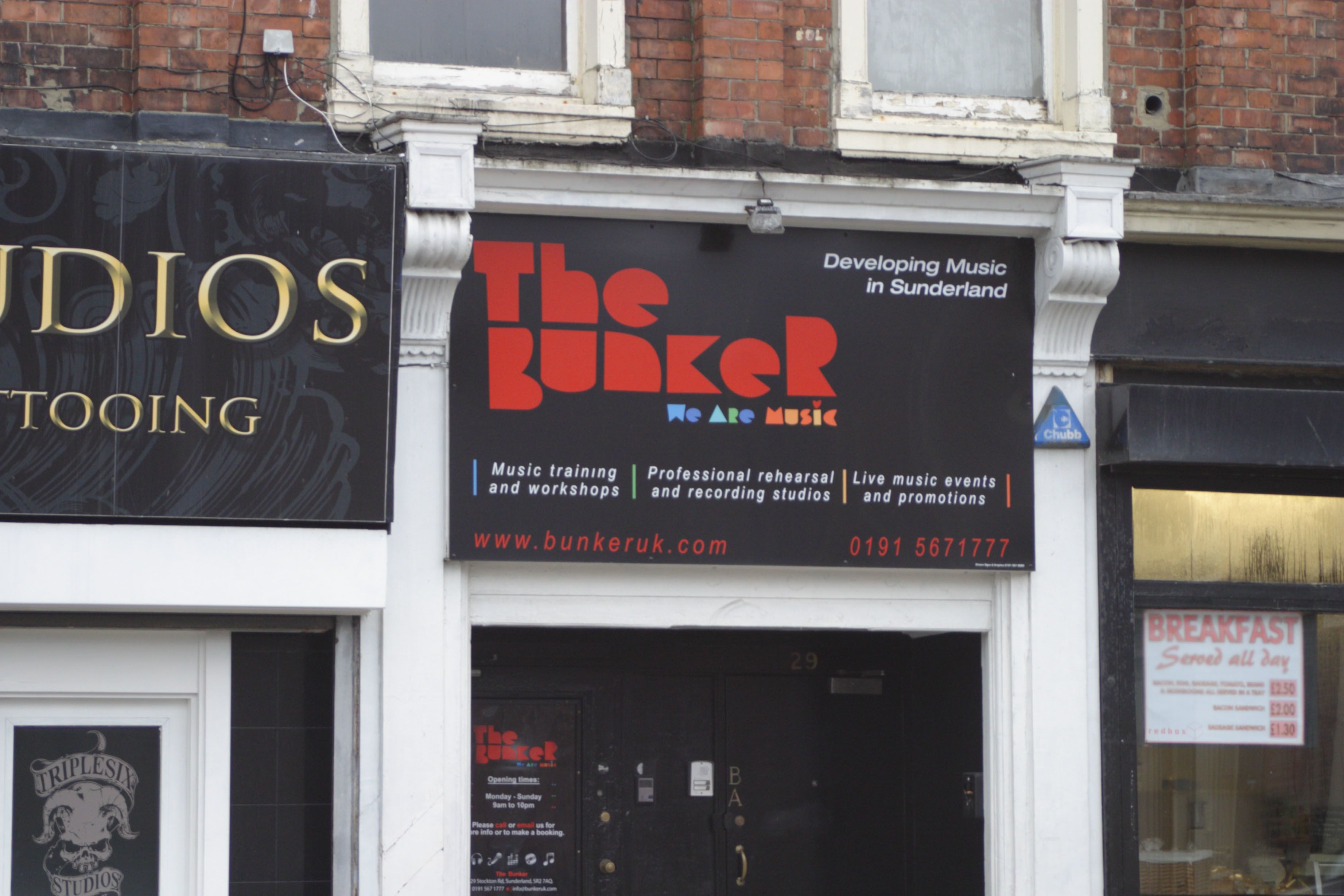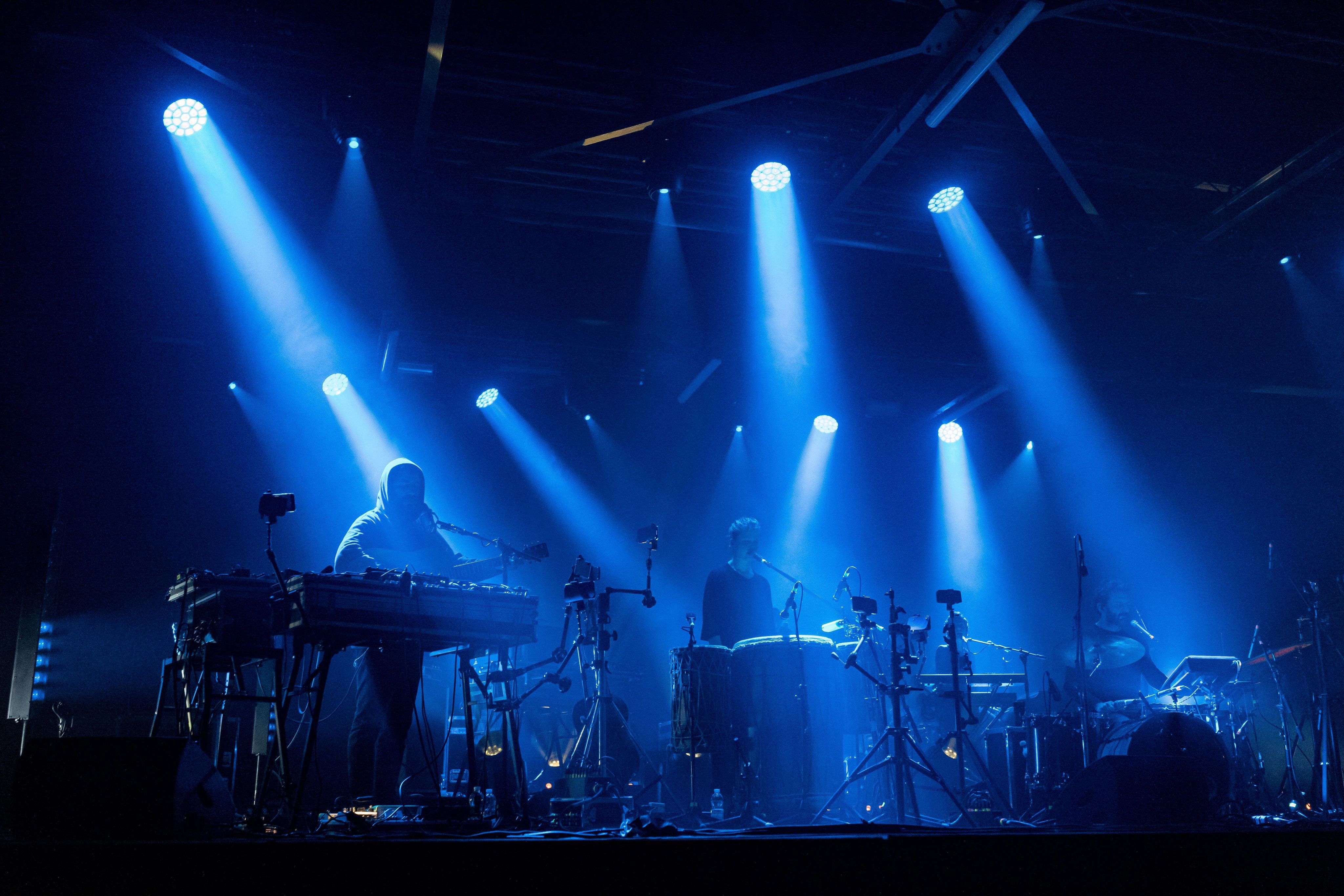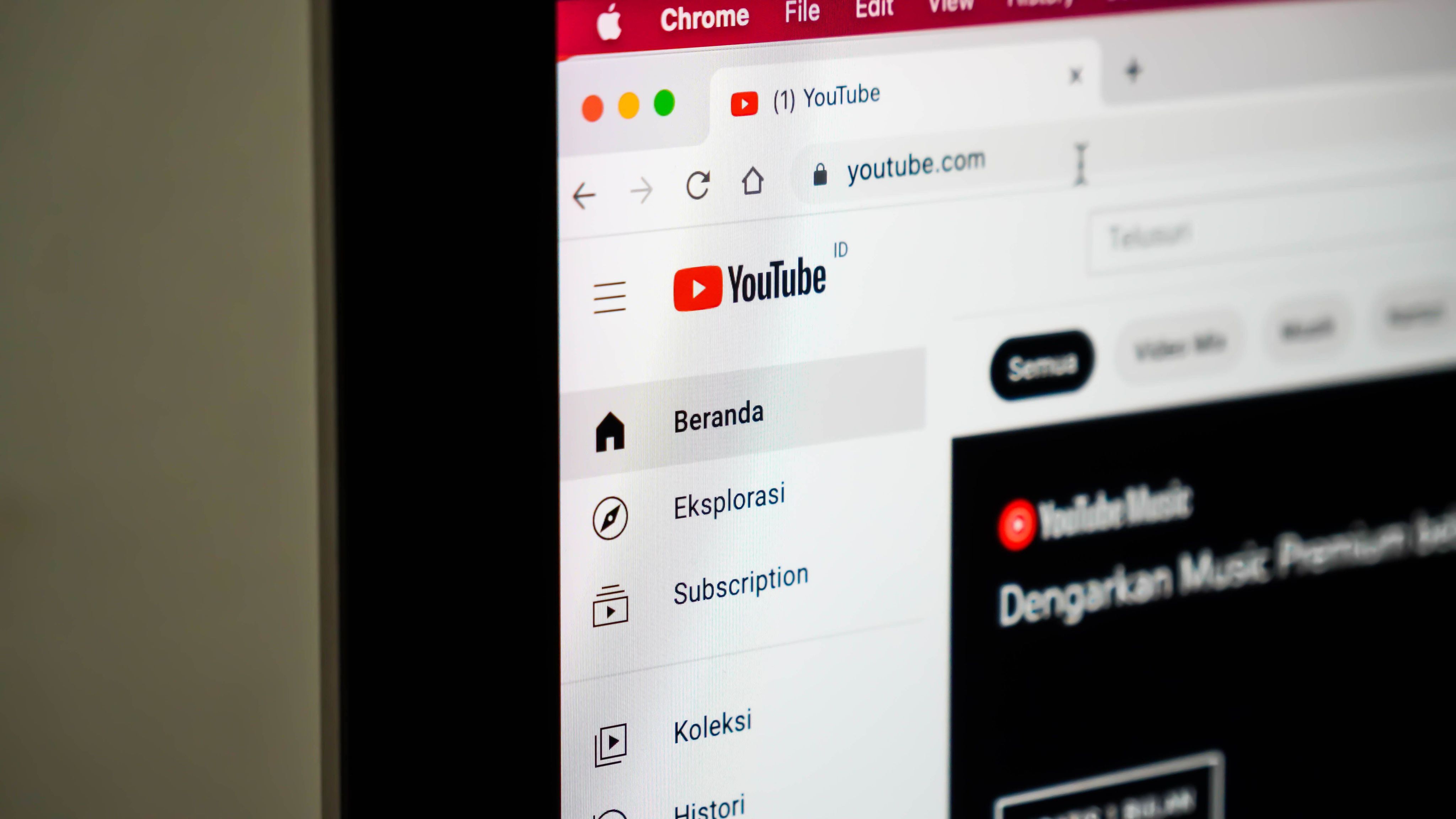How To Make It in The Music Industry
The first few steps into a big market can be daunting for any budding musician. Some names from the music industry share their top guidance.

There are many hurdles to jump over when trying to make it as a successful artist. Many have found it discouraging at times and it can make people feel like they are fighting a losing battle. But many musicians are living proof that making it is possible. So, what’s their secret?
Firstly, let’s take a step back. Every person will have a different definition of ‘making it’. Some will define it as being the next big A-lister, others will be when they perform the festival they went to when they were younger, for others it might just be getting their first single published.
Whatever it is, setting out your personal idea of success and going in with that mindset helps you work forward to what you want to achieve, and starting out realistic at first always helps too. Nobody becomes the next big name overnight, so setting out knowing there is a journey to go on is always important.
Let’s talk to some people who know a bit about their scene. One of the North East's biggest names in music, Frankie Francis, from Frankie & The Heartstrings, said that he ‘‘got lucky’’ when he was starting out, adding: ‘‘I'd always gone to local gigs and even helped put them on or DJ at them. I had a conversation about starting a band with my friends Michael and Dave. We had a few rehearsals then decided to play a gig in Sunderland, and only four or five gigs later we had interest from some record labels then it went nuts.''
He continued: ''I would say though it is important to be around like-minded people and go and watch local bands, that was the catalyst.’’
Knowing your local music scene always helps. Networking and making connections with other musicians, promoters, and even the music enthusiasts in your area and further afield can be a supportive circle that benefits not only you but those you talk with. Building connections with artists alike can lead to future collaborations, and you can both reap the rewards of cross-promoting each other through your respective fanbases.
''It is important to be around like-minded people and go and watch local bands''
Frankie Francis
Singer from Frankie & The Heartstrings


The Bunker's YouTube channel, which features sessions and live performances from artists performing at the venue.
Being in contact with the right people who work behind the scenes can also get the ball rolling with live performances, something that every artist should be pushing to do. Most areas should have at least one company or venue creating this community, and there’s certainly plenty within the North East.
Since 1982, The Bunker has become a hub for new and emerging artists in Sunderland, supporting them and helping them gain relevant skills for the industry, with names including Frankie & The Heartstrings starting their career there. Kenny Sanger, Managing Director at The Bunker, said: ‘‘Enjoy playing and writing, if you don’t enjoy it, don’t do it. If you’re happy staying local, that’s fine, but if you want to be a touring artist, then as soon as you are able to, go out and tour the country, playing as much as possible. This takes a lot of sacrifices, contacts, and huge financial investment to book gigs, taking months off to travel in a van, playing night after night, but it is the only way to get on the ladder.’’
Not forgetting your roots as an artist is something Sanger highlights, adding: ''Looking at someone like Sam Fender, or The Lake Poets, who both played gigs locally but were spotted quite early in their careers, they spent a number of years touring to build up their following, before ensuring they came back to their roots, playing bigger local gigs, and therefore building up an even bigger local fanbase.''
''If you want to be a touring artist, then as soon as you are able to, go out and tour the country, playing as much as possible''
Kenny Sanger
Managing Director, The Bunker

Not everyone will want to be a touring artist though, and some think it is not essential if you want to build a following. James Rooney, who performs in the duo Hoofa, states: ‘‘There's very little correlation between a new fan and the live gig. Thinking you can play 100 shows in a year and gain new fans every show, someone might be able to do it. Sure it happens to a couple of them, but I'm yet to be convinced that spending all your nights in the back of the van is the way to grow a band in 2022.’’
James also spoke about how bespoke online content and streaming can be a good platform for artists in this article.
Obviously, we can’t not mention the importance of having an online presence. Everyone knows it is a behemoth that can do wonders for not only building an audience, and getting those true fans who support you, but even influential people might find you and follow you.
Dillon Hall, an A&R Scout at Common Knowledge, works on scrolling through social media platforms to spot future talent. He emphasises the importance of a social media presence to get spotted, adding: ''It is where the majority of people get all their information from, so if you’re not shouting about your music on socials, the chances of people hearing about it are reduced significantly.
''Keep your socials interesting, up to date and let your personality as an artist be shown through them too. If I hear a cool song somewhere, the first thing I’ll do is go onto the artist’s social media profiles and have a look through their posts. If you’ve got interesting socials it is then going to continue building that initial excitement up from hearing the song.''
''If you’re not shouting about your music on socials, the chances of people hearing about it are reduced significantly''
Dillon Hall
A&R Scout, Common Knowledge

Jonathan le Coutre worked at Know What's Loved as an A&R scout and shared a bit about the process: ''My role was to use the technology which was created to scout and find new unsigned artists, and to be the liaison between them and the record company.''
He believes that while social media is important, it is not the sole factor when it comes to success, adding: ‘‘Record companies have a lot of people in charge of finding new artists, so being consistent is a great way to get their attention. Social media is a very big part of that as well, industry people are as interested in talent as numbers.’’
''Record companies have a lot of people in charge of finding new artists, so being consistent is a great way to get their attention''
Jonathan le Coutre
Former A&R Scout at Know What's Loved

Jonathan continues: ‘‘I would argue that social media presence is important depending on what you want and where you see yourself. It increases visibility, but I think that the most important thing is the people you know. Music is an industry where your career doesn't only depend on your personal efforts but also on who you know and who knows about you.’’
